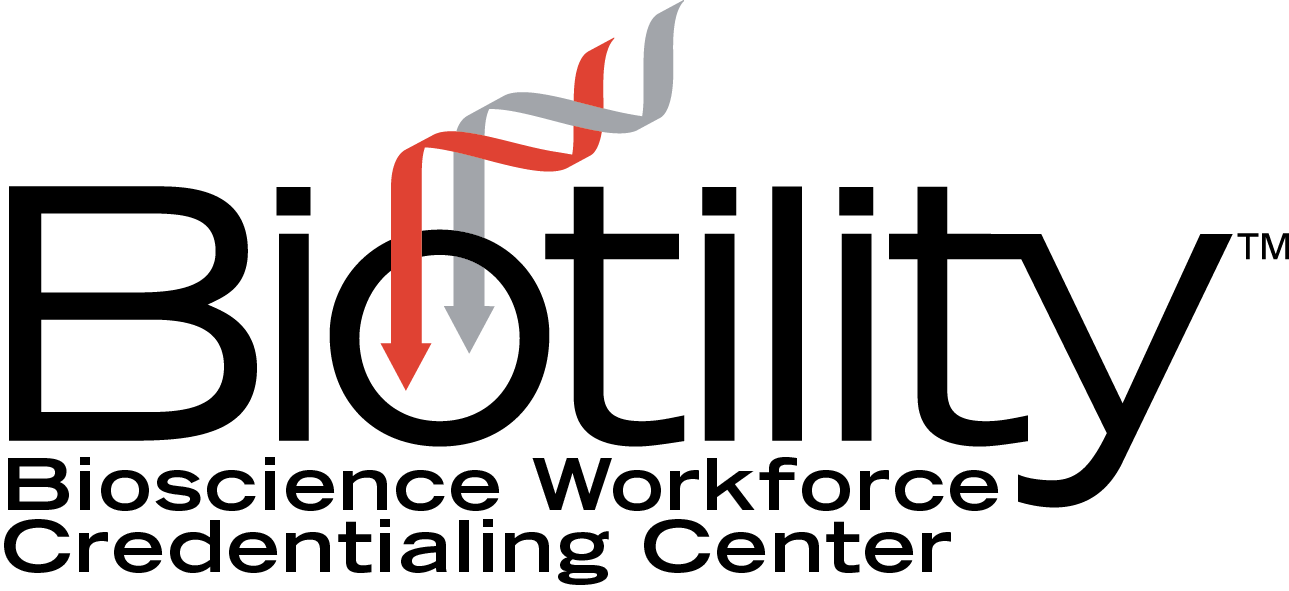Lesson 1: Introduction to Biotechnology
Biotechnology is a broad field in which products or services are developed, manufactured, and tested utilizing biological systems. Our society has benefited in countless ways from biotechnological improvements and advancements in sectors such as Agricultural, Healthcare, and Industrial. This lesson will provide a historical overview of the word as well as important milestones in the field.
Lesson 2: Drug Development Overview
For any drug, drug product, (bio)pharmaceutical or medical device to be approved by the FDA, it must follow a stepwise development process compliant with a multitude of federal regulations. In this lesson, students will be introduced to this regulatory process, the roles of the FDA, and the historical events that led to these regulations.
Lesson 3: Current Good Laboratory Practices (CGLP) and Preclinical Trials
Current Good Laboratory Practices (CGLP) are federal regulations set in place to ensure investigational new drugs are safe before testing in humans. They are required when conducting preclinical studies to collect data for FDA review and approval, before continued studies in Phase I clinical trials. This lesson will cover fundamental CGLP concepts and its importance within a regulated laboratory environment.
Lesson 4: Current Good Clinical Practices (CGCP) and Clinical Trials
Current Good Clinical Practices (CGCP) are federal regulations enforced by the FDA during clinical trials in humans. This lesson will familiarize students with the history, purpose, phases, and basic principles of Current Good Clinical Practices.
Lesson 5: Current Good Manufacturing Practices (CGMP)
Current Good Manufacturing Practices (CGMP) are federal regulations followed by drug manufacturing companies to ensure their products are safe and effective for humans. In this lesson, students will learn the core precepts of the regulatory guidelines required for companies that manufacture drugs, drug products, and medical devices.
Lesson 6: Product Specifications
Manufacturers must demonstrate that all products meet specifications for safety, purity, potency, quality, identity, and efficacy before FDA approval. This lesson will identify and describe the product attributes, how they are connected to the final product specifications, and how these specifications are set and tested.
Lesson 7: Industry Documentation, Good Documentation Practices (GDP), and Data Capture
Good Documentation Practices (GDP) are regulatory guidelines that help drug manufacturing companies maintain a system of controlled documents. GDPs ensure proper recording, reporting, and archiving of everything involved in the manufacturing process. Students will learn the basic standards of GDP as well as the role of documentation in interdepartmental communication and the lifecycle of a drug product.
Lesson 8: Company Organization and Departmental Roles in the Bioscience Industry
The industry is divided into key departments essential to ensuring all products are of high quality, are properly tested to confirm they meet specifications, and are created in compliance with federal regulations. This lesson will outline the different departmental roles found within a (bio)pharmaceutical company, how each department communicates and depends on the others for success, and the opportunities for meaningful, high-growth careers.
